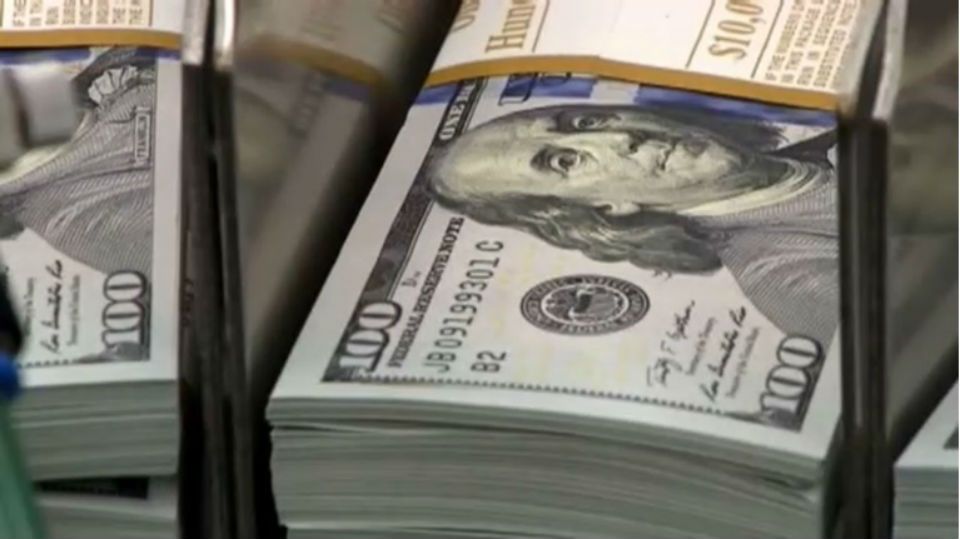A straight-up income tax hike for the wealthiest New Yorkers in a final state budget agreement, at the moment, remains little more than a pipe dream.
One of the reasons? Gov. Andrew Cuomo's administration remains opposed.
The top budget official in Cuomo's administration on Tuesday threw cold water on the idea, which is being pushed by some lawmakers and progressive advocates as a means of not just closing a budget gap, but funding health care and schools.
Budget Director Robert Mujica, in an interview with WNYC on Tuesday morning, blamed the federal government and a tax law that capped (but did not eliminate) deductibility of state and local taxes at $10,000.
"When it comes to what people call the millionaires’ tax, right, we have to look at the impact overall in New York state," Mujica said. "The federal government just eliminated state and local deductibility for New Yorkers, that has dramatically decreased our competitiveness vis-à-vis other states. There's a large transfer of money — $15 billion — from New York taxpayers to other states, largely red states."
It's a concern Cuomo himself has raised before: The cap on deductions, combined with a tax hike in New York, could lead to more people, rich people, leaving New York.
The state relies heavily on the personal income tax as a means of raising revenue for budgets each year. From that revenue, the state derives a significant portion of it from a handful of very wealthy filers.
"In the interest of making sure that people are still, New York State is still affordable, we need to make sure that we're not just taxing individuals, but we're controlling spending," Mujica said, adding it's "not sustainable" to do so in the long term.
This is not likely to deter proponents of taxing the rich, though, amid calls for the state to do more for schools and people in need of better medical care.
New York has also extended the tax surcharge on upper income earners in recent years, and Senate Majority Leader Andrea Stewart-Cousins has said tax hikes are not the first choice for her conference.
The state also has the second-highest surcharge on the wealthy in the country.
There are also other ways they may seek to tax people earning comfortable annual returns.
Lawmakers and the labor union CWA on Tuesday called for a tax on corporate stock buy-backs, a proposal they said would raise $3 billion.
"This is quite simply a matter of fairness: Big corporations should pay their fair share," said Democratic Sen. Jen Metzger, "and should not be given such a pass on trillions of dollars spent to buy their own stock back."


